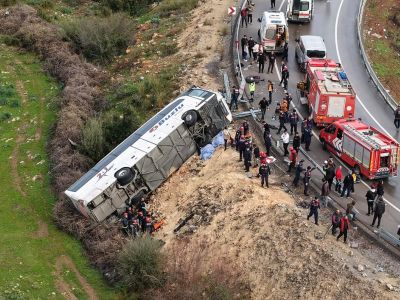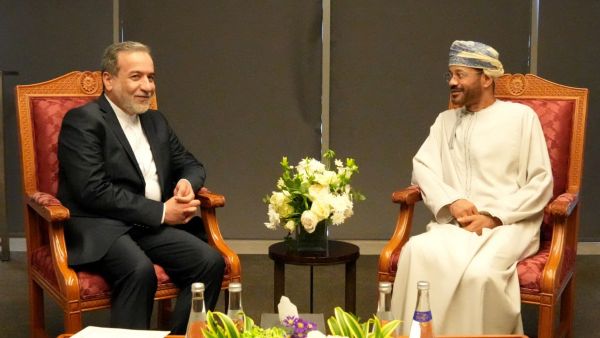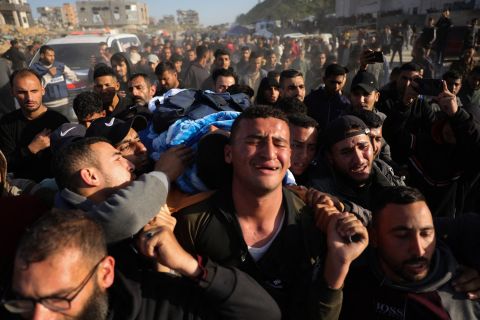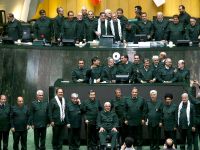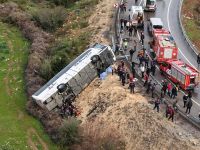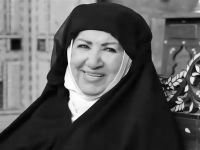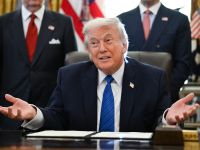ALBAWABA - US ambassador to the Middle East Steve Witkoff and Iranian Foreign Minister Abbas Araqchi arrived in the capital of Oman on Friday to begin what have been called crucial nuclear talks. The negotiations take place when tensions are high and Washington has given Iran two months to establish a new nuclear agreement.
Araqchi met with Omani Foreign Minister Badr Al-Busaidi shortly after his arrival to discuss summit arrangements. Tehran wants a “fair and honorable agreement” from a “equal footing,” Araqchi said Iranian official media, expressing cautious hope about a settlement.
Deputy Foreign Minister Majid Takht Ravanchi, deputy for international affairs Kazem Gharibabadi, and Foreign Ministry spokeswoman Esmail Baghaei are among the top diplomats in Iran's delegation. Iranian media sources claim that the discussions would only address nuclear matters and will not address Iran's missile program, which Tehran views as non-negotiable.
U.S. intelligence services have warned of possible Israeli military action against Iran's nuclear facilities in the next months, which coincides with the discussions. Iran's influence in the area has also been lessened by the fall of regional allies, such as the Assad government in Syria and Hezbollah's weaker stance.
Although both parties have said that they are willing to make progress, they still disagree on the format—Washington wants direct interaction, while Tehran prefers indirect discussions. Iran has also threatened to retaliate against any neighboring nations that host U.S. military sites if they take part in any attacks directed by the United States.
According to reports, Araqchi has been given complete negotiation power by Supreme Leader Ayatollah Khamenei. In the meanwhile, President Trump has reaffirmed that if Iran doesn't stop pursuing nuclear weapons, military options are still available. As the area awaits the result of this diplomatic endeavor, the stakes are still quite high.


